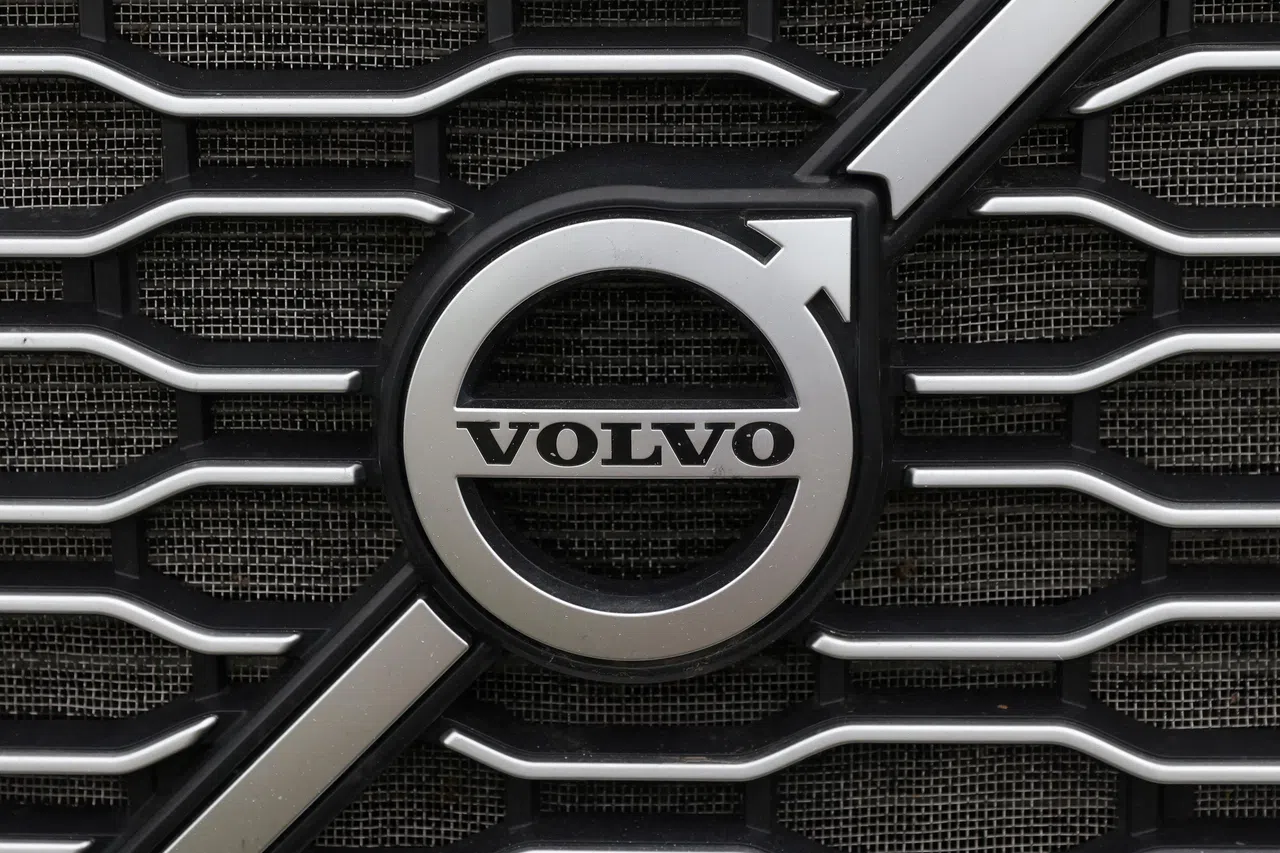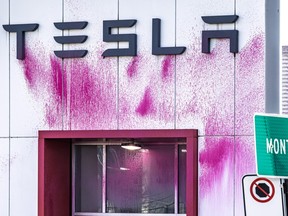VOLVO’S earnings have declined in the third quarter as the truckmaker struggled with slowing demand for heavy-duty rigs across most markets.
Adjusted operating profit slipped to 14.1 billion Swedish kronor (S$1.8 billion) due to lower freight and construction activity, the company said on Friday (Oct 18), below a projection by analysts of about 15.1 billion kronor.
European manufacturers led by Volvo, Daimler Truck and Traton are under pressure to cut costs as demand for big rigs slows in markets including Europe and China. The companies are also contending with much-needed investments to shift to cleaner forms of transport.
Electric-truck sales remain minimal due to their higher price tag and the slower construction of charging infrastructure.
Volvo reported a net truck order intake of 43,234 units in the third quarter – missing analyst expectations – with deliveries in the period also declining.
Some clients are holding back orders because they are cautious about how the economy will develop going into next year, Volvo chief executive officer Martin Lundstedt said.
BT in your inbox
Start and end each day with the latest news stories and analyses delivered straight to your inbox.
Shares of the vehicle manufacturer declined as much as 3 per cent in Stockholm. However, the counter is still up around 3 per cent this year.
In North America, truck deliveries slumped by a fifth after its Mack brand got hit by cab supply problems. The company also adjusted production for Volvo trucks in the region to reduce inventories.
Volvo reported rising deliveries and order intake in South America, driven by robust demand in Brazil. Buses were another bright spot, with sales and orders rising.
The manufacturer sees heavy-truck registrations declining slightly in Europe next year, to 290,000 units, and a minor increase in North America to 300,000 units.
Jefferies analyst Michael Aspinall said the 2025 industry outlook was better than expected, especially for North America, implying that “we are in the first year of a positive cycle”.
Still, this is not the case for fully electric trucks, with order intake for battery-powered rigs slumping 20 per cent in the third quarter. Volvo noted that broader adoption will depend on better availability of charging infrastructure and incentives to bring down cost of ownership.
The company has several electric trucks for sale and will introduce a long-range variant of its FH Electric model next year. Due to the slower adoption of electric trucks, it is also postponing a planned battery factory in Mariestad, Sweden by one to two years.
“All in all, a disappointing result from Volvo,” said Mads Rosendal, a Danske Bank analyst. “But with the slowdown already flagged and the balance sheet being as solid as ever, we doubt that this would cause any meaningful impact on Volvo bond spreads.” BLOOMBERG







